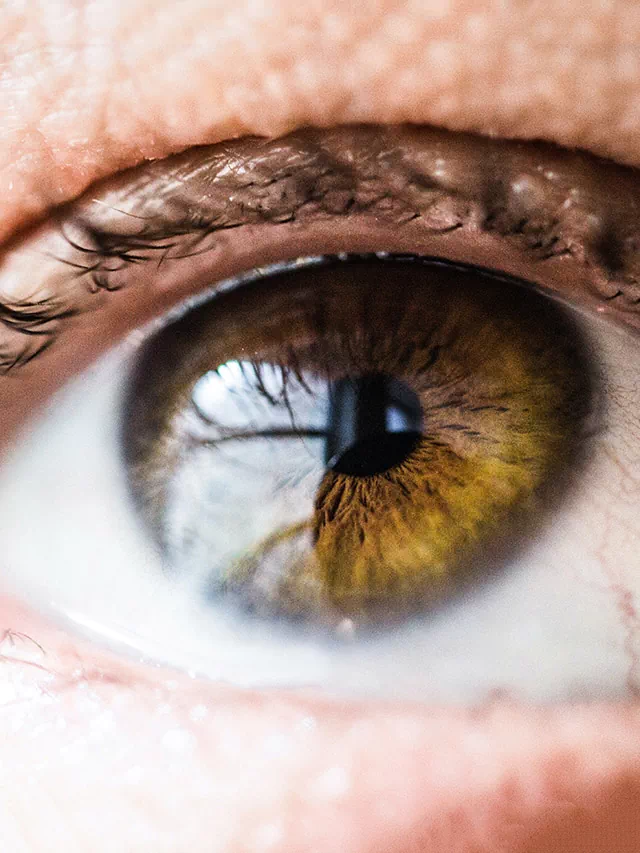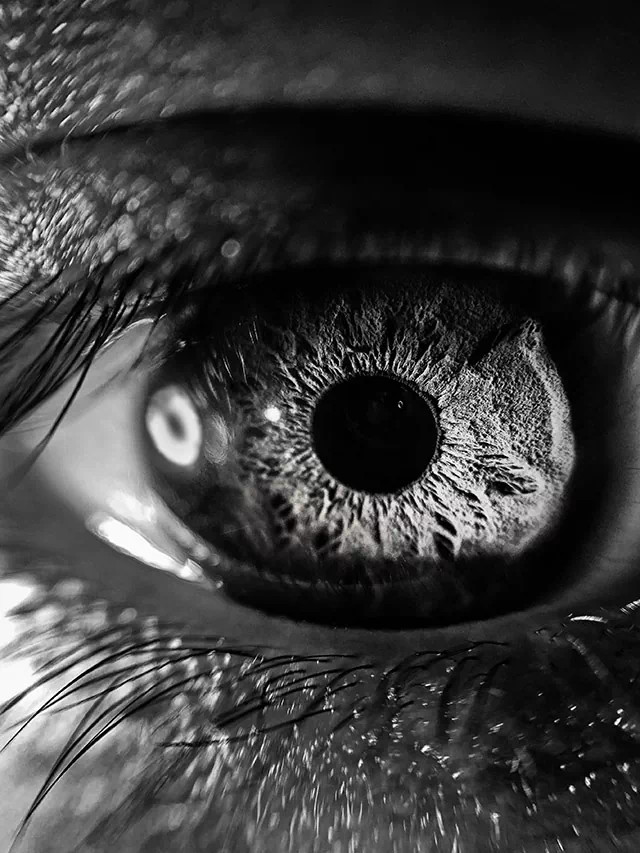Many common causes of blurred vision, such as nearsightedness, farsightedness, and astigmatism, can be corrected with glasses or contact lenses. Other causes, such as cataracts, can be treated with surgery. In some cases, blurred vision may be caused by a temporary condition, such as dry eyes or eye strain, and may resolve on its own. However, if you are experiencing blurred vision, it is important to see an eye doctor for a proper diagnosis and treatment.
Blurred vision can have many different causes, including refractive errors (nearsightedness, farsightedness, and astigmatism), cataracts, glaucoma, diabetic retinopathy, and age-related macular degeneration. It can also be caused by a temporary condition, such as dry eyes, eye strain, or a migraine headache. In some cases, blurred vision can be a symptom of a more serious underlying condition, such as a stroke or a brain tumor.
If you are experiencing blurred vision, it is important to see an eye doctor for a proper diagnosis and treatment. The eye doctor will perform a comprehensive eye exam and may also order additional tests, such as a visual field test or a retina exam, to determine the cause of your blurred vision. Depending on the cause, treatment options may include glasses or contact lenses, medication, or surgery.
Some causes of blurred vision, such as diabetic retinopathy, glaucoma, or age-related macular degeneration, have no cure but can be managed with treatment to slow down the progression of the disease. It’s also important to note that early detection and treatment of certain conditions can prevent permanent vision loss.
It’s also worth noting that blurred vision can be a symptom of certain systemic diseases such as hypertension, high blood sugar, or multiple sclerosis. These conditions can affect the blood vessels or nerves that supply the eye and lead to blurred vision. It is important to have a thorough medical examination and follow-up with a primary care physician if you have other symptoms along with blurred vision.
In addition, certain medications can cause blurred vision as a side effect, so it’s important to let your eye doctor know about any medications you are taking.
It’s also important to be aware of any changes in your vision, as well as any other symptoms you may be experiencing, such as headaches, eye pain, double vision, or changes in your peripheral vision. These symptoms may indicate a more serious problem and require prompt medical attention.
If you have been diagnosed with a condition that is causing your blurred vision, it is important to follow your treatment plan as directed by your eye doctor. This may include taking medications, using eye drops, or undergoing surgery. It is also important to maintain a healthy lifestyle, such as eating a healthy diet, exercising regularly, and not smoking, as these can help to reduce the risk of certain vision problems.
It’s also important to note that regular eye exams are crucial in order to detect any changes in your vision and to monitor the progression of any conditions. If you have been prescribed glasses or contact lenses, it’s important to wear them as directed and to have regular follow-up appointments with your eye doctor to ensure that your prescription is up-to-date.
Blurred vision can have many different causes, but with proper diagnosis and treatment, it can often be corrected or managed. It’s important to see an eye doctor if you have any concerns about your vision and to follow your treatment plan as directed to maintain the best possible vision.
In summary, blurred vision can have many different causes and can range from a temporary and benign condition to a symptom of a more serious underlying condition. It is important to see an eye doctor for a proper diagnosis and treatment. Regular eye exams are also important in order to detect and monitor any vision changes, and to catch any potential issues early on.



